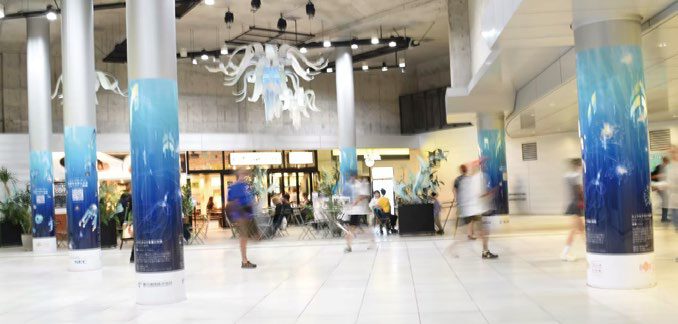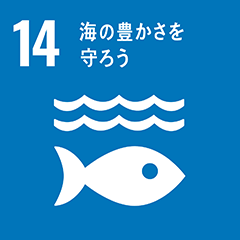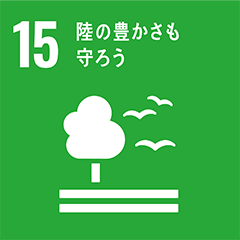Inochi Declaration
Explore coexistence with nature from the perspective of younger generations, and co-create concrete actions toward a sustainable society through dialogue that transcends generations and cultures.
If everyone in the world consumed resources at the same rate as people in Japan, we would need the equivalent of 2.9 Earths to sustain our lifestyles. But we only have one Earth. Can Japan truly call itself a “developed nation” while consuming resources at nearly three times the planet’s capacity? In particular, the energy and resources consumed in concentrated urban areas demonstrate how our ways of living and working are placing immense pressure on the planet.
It is estimated that approximately half of the world’s GDP depends on ecosystem services. If ecosystems are destroyed, our societies and economies will no longer function as we know them. There are over 30 million species of living organisms on Earth, and these species are indispensable to maintaining the natural benefits we enjoy in our daily lives. And yet, we human beings—just one species among millions—are responsible for driving 27% of these species to the brink of extinction.
In other words, protecting Earth’s biodiversity is synonymous with protecting the foundation of our own survival. Some species, known as “keystone species”, play a disproportionately large role in maintaining ecosystem balance despite being relatively few in number. A notable example is the sea otter. In the 1990s, rampant hunting drastically reduced their population. As a result, sea urchins—their primary prey—multiplied rapidly and consumed large amounts of kelp. These kelp forests are critical “blue carbon” ecosystems that absorb CO₂ from the ocean. The disappearance of sea otters thus triggered a destructive chain reaction, illustrating how the loss of a single species can have far-reaching consequences.

“Feeling the Sea” Exhibition in Shibuya, Tokyo
Given this reality, what actions must we take now? The answer is clear: we must deepen our understanding of the Earth’s environmental crisis and take swift, collective action to address it. At SWiTCH, we implement environmental education programs in collaboration with schools and academic institutions, develop sustainable products and services in partnership with businesses, and promote biodiversity-conscious urban development in cooperation with local governments. Our initiatives include supporting the introduction of renewable energy, advancing the circular economy, and launching urban ecosystem restoration projects, each driven by the fresh perspectives of young people and committed to generating real-world impact. Just as the Japanese saying “nasake wa hito no tame narazu” (Kindness is not only for others but for oneself) reminds us, climate action is not just for the Earth—it is for us, too. To ensure our own well-being, coexistence with ecosystems is no longer optional; it is essential.
In pursuit of the SDGs by 2030 and the goals of the Paris Agreement by 2050, SWiTCH places young people in their 20s at the heart of cross-sector, cross-generational, and international dialogue. Going forward, we will place particular emphasis on three areas:
1.Developing urban models for ecosystem coexistence,
2.Supporting innovations in environmental technology, and
3.Empowering youth to engage in policy-making and advocacy.
The Inochi Forum will join hands with organizations like SWiTCH to build a platform for action—one that supports environmental education, promotes intergenerational dialogue, and fosters lifestyles that are in harmony with the resources of a single planet. Together, for the future of all Inochi on Earth, let us take bold steps forward.
[References]
・SWiTCH Official Website
・WWF Japan – Species Under Threat
https://www.wwf.or.jp/
・Cococolor Earth – Endangered Species List 2024
https://cococolor-earth.com/
[Action Platform]
Environment and Biodiversity
[SDGs]




